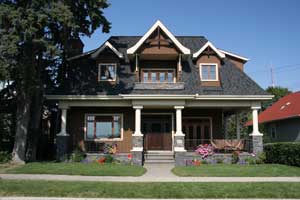Meet a millennial in the skilled trades and our youngest plumber in the field as he discusses the benefits of a career in construction.
Ask any high school senior where they’re headed after graduation and most will say “college.” The academic route is peddled on students by parents, teachers and guidance counselors. Multiple generations are now burdened with nearly $1.5 trillion in “good debt” for increasingly irrelevant degrees.
A university-only mindset creates a narrow view of what’s possible for the careers and bank accounts of young people.
If you were born in 1981 or later, you fall into the millennial or post-millennial category. The academia mantra hit this age bracket the hardest. Regardless of skills, abilities, interests, or potential for success, the theme was college or bust. And now we’re seeing the result.
Why Are the Skilled Trades in Demand?
The result is a skills gap that’s ever-widening. There’s not enough skilled labor to meet demand. And precious few young people have any interest or understanding of what a career in the trades can offer.
There’s well over 7 million available jobs in the US. Many of these open positions are in the construction field. But a combination of record low unemployment, a lack of interest in the industry, and a lack of technical expertise creates a disparity for employers and job seekers. And with baby boomers (the over-55 crowd) retiring out of the trades in coming years, skilled workers will continue to be in high demand.
High demand means high pay. And a healthy paycheck seems to be the most enticing factor for many young job seekers.
The Future of the Trades
At D&F Plumbing, we’re proud to employ qualified workers of all ages. This month, we’re featuring Trent Rutledge, a millennial at our shop who joined the plumbing trade for one primary goal: money.
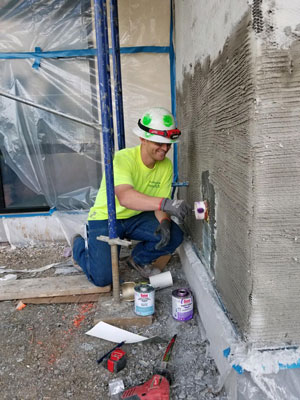 Trent, a 26-year-old journeyman plumber, has been in the industry since he was 19. We interviewed Trent about his path to plumbing and weren’t surprised by his answers.
Trent, a 26-year-old journeyman plumber, has been in the industry since he was 19. We interviewed Trent about his path to plumbing and weren’t surprised by his answers.
Like most high schoolers, there was little information available to Trent about anything other than the university tradition. Counselors and teachers “made college seem like a requirement.”
As a young adult, he knew there were only two options to succeed; work or school. Trent attended community college for a few semesters, but left, knowing it wasn’t a good fit.
Many people think jobs in construction or roles that require hard physical work are a “last-resort,” and only serve as an alternative to burger-flipping minimum wage jobs.
“Opportunity is missed by most people because it is dressed in overalls and looks like work.” – Thomas Edison
But Trent knew a few friends who worked in the trades, specifically in plumbing. He also knew they enjoyed sizeable paychecks. After leaving college Trent became a laborer, where he got his hands dirty prepping job sites for the licensed plumbers to come in and handle the finish work.
Digging ditches and doing prep work was only the beginning. Motivated by the paycheck, Trent joined the plumbing apprenticeship program. This earn-as-you-learn program takes 4 years to complete, and gave Trent the experience to become a licensed journeyman plumber in the local union.
Apprenticeships are an optimal route for young people. Instead of taking on student debt, you get to make money while learning the ins and outs of the industry. When you join the union at the end of your apprenticeship, you’re awarded more responsibility, and ultimately more money.
Summer of 2017, Trent joined the D&F team as a journeyman plumber. He works primarily in new construction. His current project is a hotel build that’s been in the works for the last several months.
Are Skilled Trades Worth It?
Trent was honest about the challenges of working in the trades. While money is a good reason to get up for work in the morning, there are some downsides.
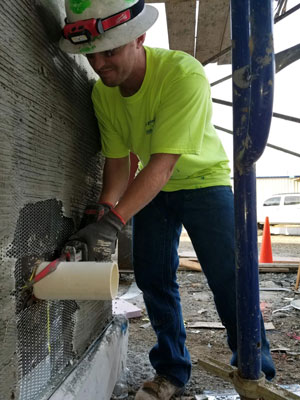 “The work is challenging—being in the weather is hard. But I work with a good group of guys,” Trent said.
“The work is challenging—being in the weather is hard. But I work with a good group of guys,” Trent said.
The Pacific Northwest weather can be miserable and hard labor can be grueling, but for now, the paycheck is worth it.
Yet a job in the trades is aspirational. Many young plumbers have goals of becoming project managers, estimators, foremen, or business owners. These ambitious workers gain skills and learn about the industry in the field, which prepares them for loftier goals down the road.
Jobs in the trades pay very well, especially when you’re licensed and unionized. In Oregon, plumbers make some of the highest wages in their field. With shops competing for good workers, many employees are further incentivized with bonuses and commission programs. It’s very possible to inch towards the 6 figure bracket after just a handful of years. Living wage? That’s nothing. You can actually prosper in the trades.
Job security is also an attractive benefit of the trades. With such high demand for proficient workers, you’re almost guaranteed a job for the rest of your life. And a position in plumbing will be in demand no matter where you live. You’re not limited to a specific region, you can take your career with you wherever you go.
Plus, in this field, you won’t be burdened with substantial student debt. Slinging soy lattes to pay off $100k for a piece of paper that has no relevance is a thing of the past when you join the trades.
Not to mention health benefits for you and the whole family, from medical to dental and eye care. Paid time-off for vacations? Definitely. Some plumbing companies, like D&F Plumbing, even provide company trucks, a cell phone, a fuel card, etc. The benefits are incredibly competitive because of the staggering need for good workers.
Money might create the drive for a plumbing career, but genuine satisfaction comes from a higher purpose. Millennials crave careers that are fulfilling. Plumbers contribute to the overall health and well-being of the community. Clean, safe water is our life-source and providing that access makes for a worthwhile 9-to-5. If money is the starting point for millennials, meaningful work is the big payoff.
It might take time, a positive attitude and a strong work ethic, but a career in the trades could lead to the luxury lifestyle every millennial dreams of.
Trent left us with some advice for young people who are deciding between work or school. He said, “If you don’t have a goal for college, if you’re thinking ‘oh, I’ll figure it out later,’ don’t go. Join the trades instead.”
Why ramble through school, switching majors and racking up debt? You could receive paid training in the trades and start a rewarding career immediately. College isn’t a requirement to succeed and the plumbing industry isn’t all about bathrooms and butt cracks.
If you like meaningful work, organization, problem solving, creativity, leadership, technology, critical thinking, working with your hands and making good money, there’s a place for you in the skilled trades.
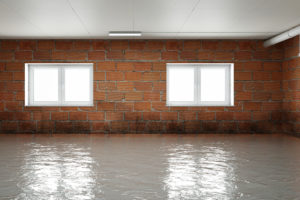 It’s been months since you’ve been in your basement. But after watching hours upon hours of HGTV, you’re finally feeling inspired to get down there and organize it once and for all.
It’s been months since you’ve been in your basement. But after watching hours upon hours of HGTV, you’re finally feeling inspired to get down there and organize it once and for all.
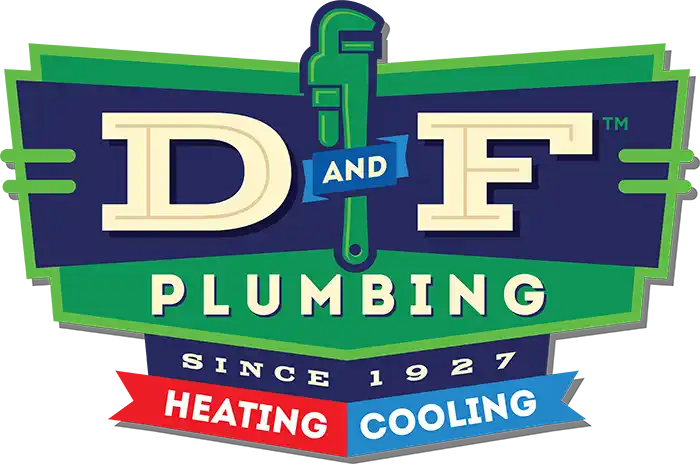
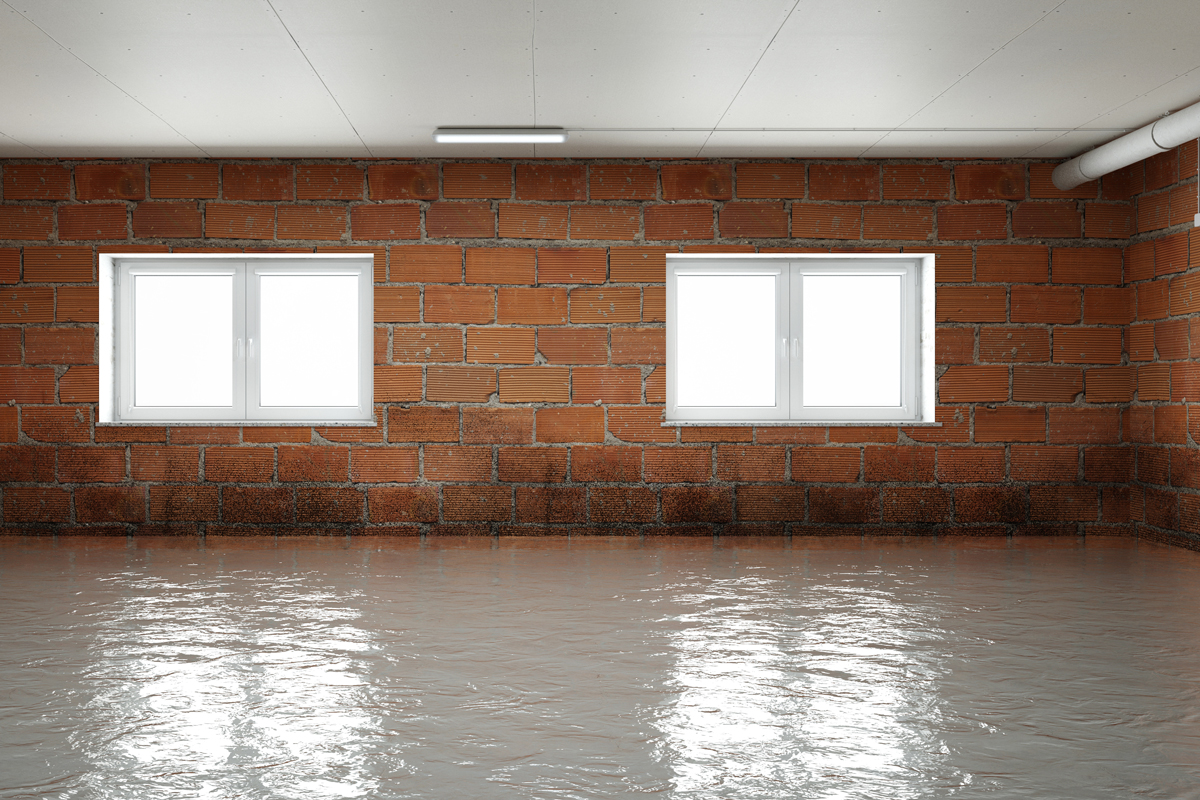
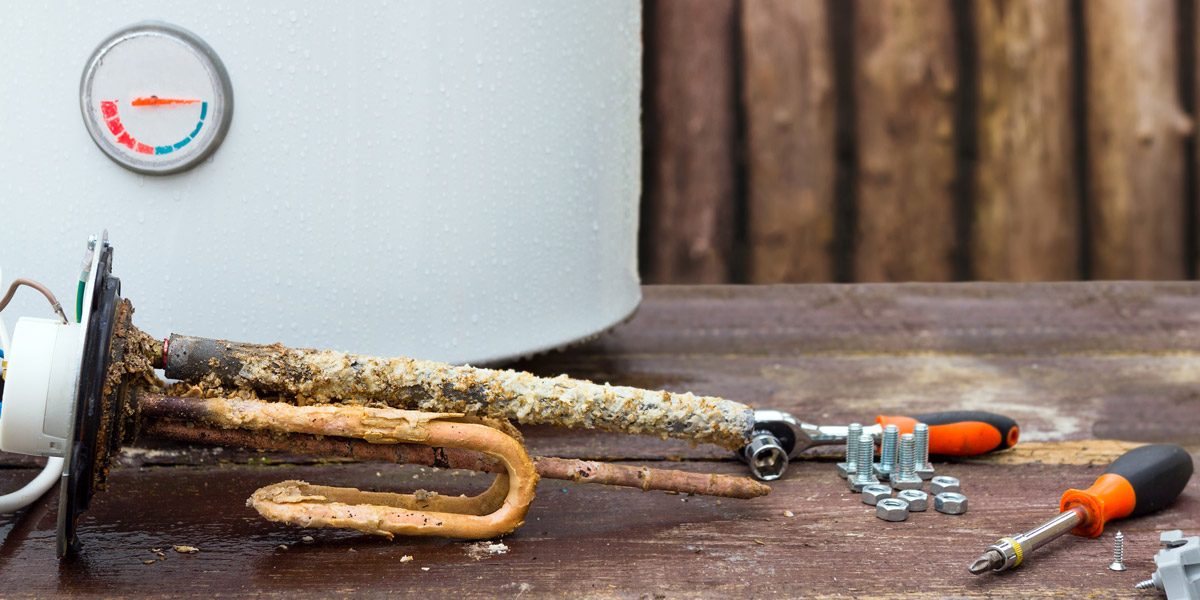
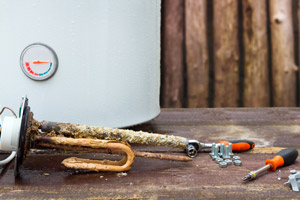 Are your showers the temperature of that nasty lukewarm cup of tea you never finished? That could be a sign you need to replace your water heater. We can help — spend tea time chatting with us about when you should replace your water heater.
Are your showers the temperature of that nasty lukewarm cup of tea you never finished? That could be a sign you need to replace your water heater. We can help — spend tea time chatting with us about when you should replace your water heater.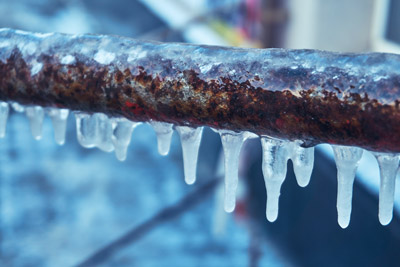

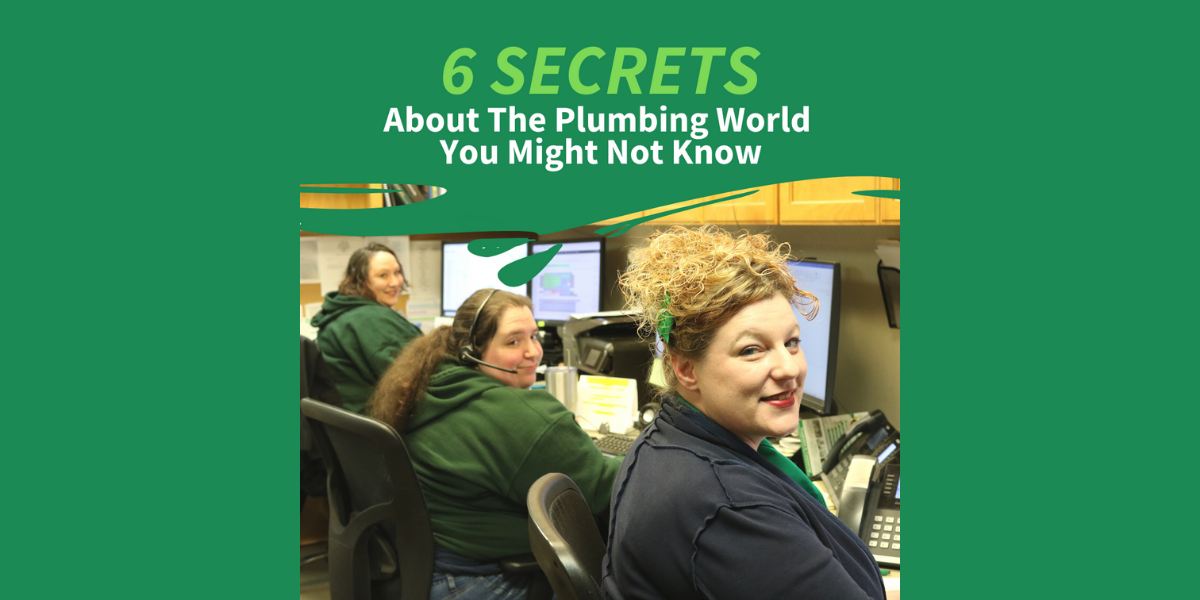


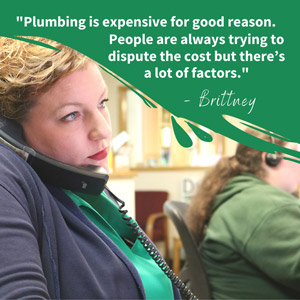
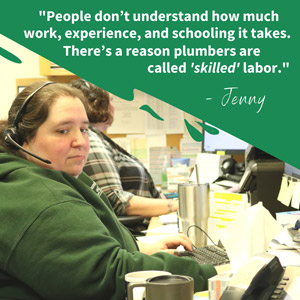
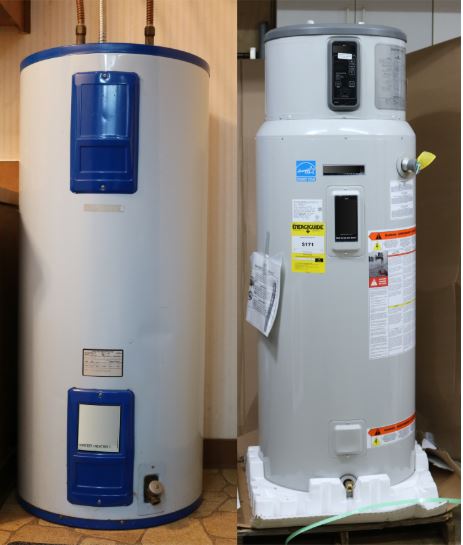

 “The work is challenging—being in the weather is hard. But I work with a good group of guys,” Trent said.
“The work is challenging—being in the weather is hard. But I work with a good group of guys,” Trent said.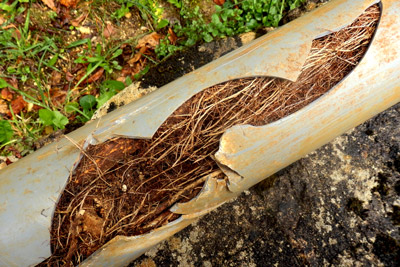
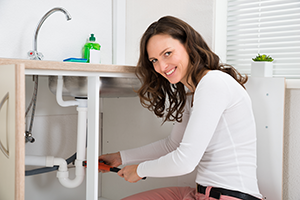
 The Key To Solving The Skilled Trades Labor Shortage
The Key To Solving The Skilled Trades Labor Shortage